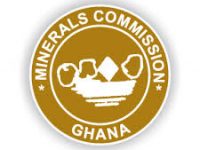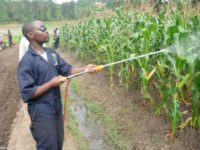 The Environmental Protection Agency (EPA), the focal governmental institution in charge of the implementation of the requirements of the Minamata Convention, is seeking a five-year extension to fully implement the convention’s provisions on the ban on the use of mercury in the country.
The Environmental Protection Agency (EPA), the focal governmental institution in charge of the implementation of the requirements of the Minamata Convention, is seeking a five-year extension to fully implement the convention’s provisions on the ban on the use of mercury in the country.
The Minamata Convention, which Ghana ratified on 22nd March 2017, required that the country reduces or possibly eliminate mercury use in artisanal and small-scale gold mining, manufacturing processes, in which mercury or mercury compounds are used, as well as mercury-added products in the convention’s Annexes A-C by the year 2020.
However, even before the 2020 deadline, Ghana wants more time after 2020. According to the Environmental Protection Agency, the extension of the deadline will help them collect enough data that could help them implement the requirements.
Speaking at a day’s workshop organized by Friends of the Nation NGO on the implementation of the requirements, a principal programs officer at the Mining Department at the EPA, Justine Seyire Dzadzra, explained that “we have had to apply for an extension of the ban for five years for Annexes A and B of the Minamata Convention”.
“This will offer us the opportunity to gather data on all equipment such as the thermometers and other clinical equipment that run with the support of mercury to help us make informed choices. This data gathering is also extended to help obtain facts on which batteries, switches and relays, compact fluorescent lamps, cosmetic products among others in the country with mercury. Now that we do not have these facts, it was going to be practically impossible to roll out a program to meet the requirements of the Minamata Convention”.
“Tracking mercury use is challenging”
Mrs Dadzra, during her presentation, also recounted the difficulty they face in tracking the use of mercury in the country, particularly in the small-scale mining space.
She said mercury use is estimated to stand at 80 percent in the mining industry, but the difficulty to track its unauthorized distribution and use, is challenging partly due to the porous nature of Ghana’s borders, and the unwillingness of the users to disclose their suppliers.





